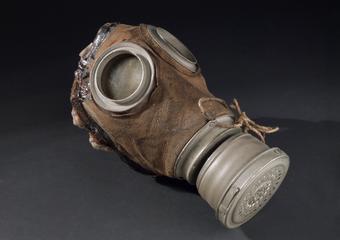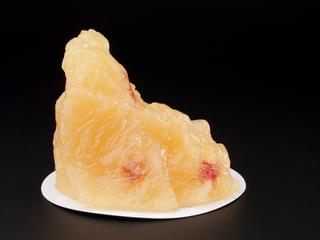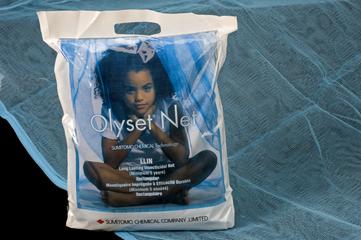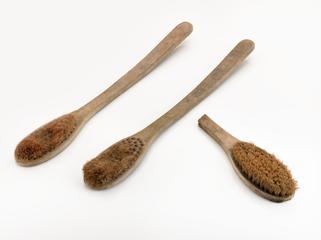
Oxygen hood for use with CPAP
- Made:
- 2020 in United Kingdom




HCH-40 'Oxygen hood' developed in response to the COVID-19 pandemic at UCL (University College London) Institute of Healthcare Engineering in association with Avon Protection, as an alternative to a traditional breathing mask, to improve patient comfort and help prevent any oxygen leakage or virus contamination, including packaging, connection port plug key, set of spare connectors (x1 22mm and 1x 30mm), instruction manual and quick reference guide, made in the UK in August 2020, expiry date February 2023, part number 606180, lot serial number 2022702
Avon Protection rapidly developed the HCH-40 CPAP Hood as a result of a shortfall in availability of critical care patient treatment devices during the COVID-19 pandemic.
The UCL Ventura CPAP consists of three parts - the system flow generator, disposable circuit including tubing and an oxygen mask or hood and a reusable oxygen analyser. As the world faced challenges of supply and demand the UCL team developed their own devices from scratch. Working with Avon Protection they developed an oxygen hood which they tested on themselves and staff from UCLH (University College London Hospital). They gained MHRA (Medicines and Healthcare products Regulatory Agency) for their device on 3 July 2020.
During the first wave of the COVID-19, opinion was split on which was the best technique to help people with COVID-19 in hospital breathe. Information from Italy and China recommended Continuous Positive Airway Pressure (CPAP). However, only 12 stand alone CPAP devices were available across UCLH Trust. To help meet demand, a multidisciplinary team led by Professor Rebecca Shipley and Professor Tim Baker reverse engineered and improved an off patent device called Respironics WhisperFlow ®. With colleagues from UCL Institute of Healthcare Engineering, UCL Mechanical Engineering, Mercedes-AMG High Performance Powertrains, and UCLH the team took fewer than 100 hours from their initial meeting producing their first prototype. 10 days after their first meeting, the Mark I Ventura had regulatory approval from MHRA (Medicines and Healthcare products Regulatory Agency).
CPAP (Continuous positive airway pressure) pushes a steady flow of air oxygen into a person’s nose and mouth either through an oxygen mask or oxygen hood. The flow generator plugs directly into a hospital’s oxygen supply and helps regulate the flow of air and oxygen.
Details
- Category:
- Public Health & Hygiene
- Object Number:
- 2022-192
- Measurements:
-
overall (box): 330 mm x 400 mm x 82 mm,
- type:
- oxygen hood




